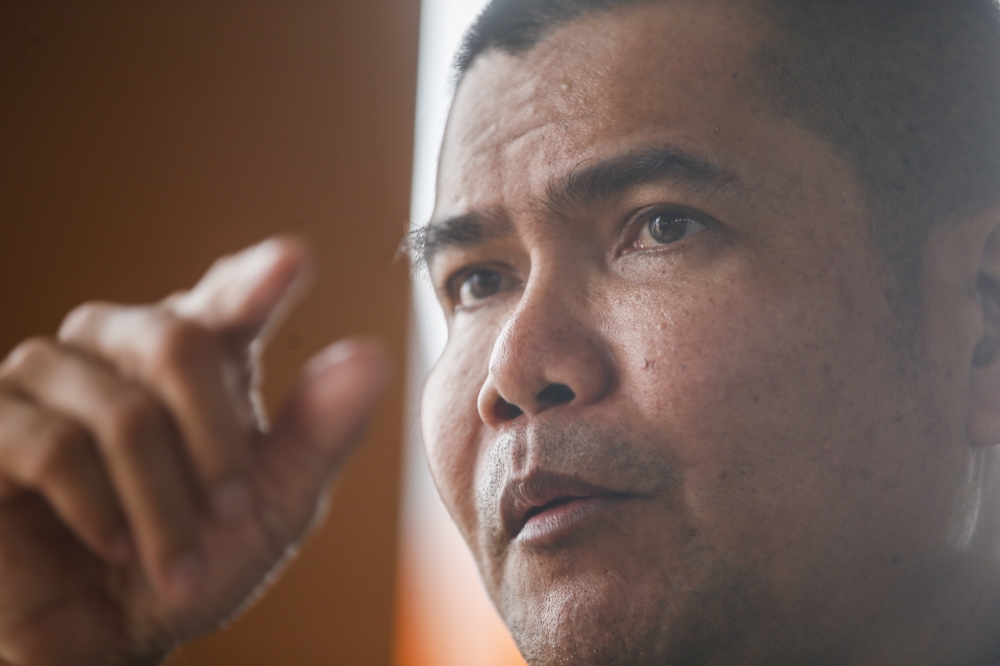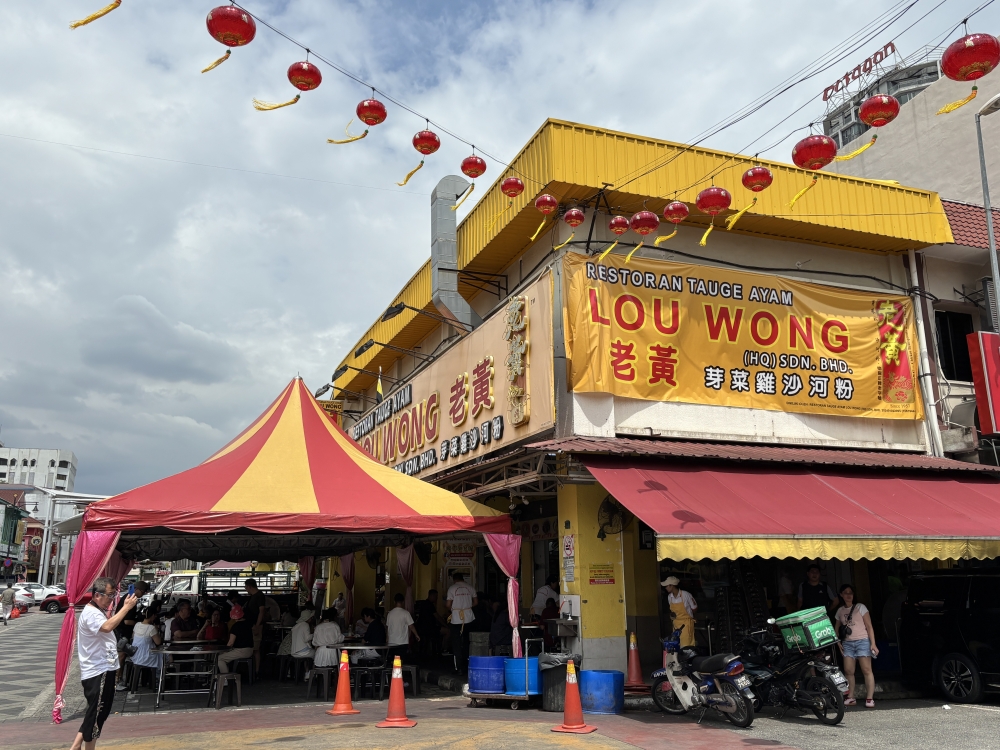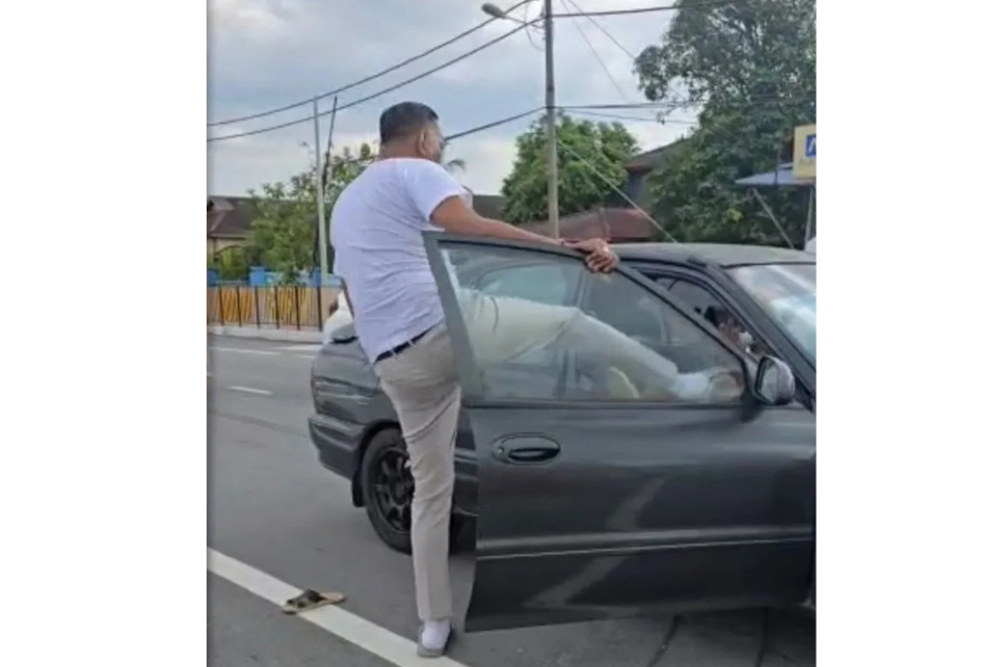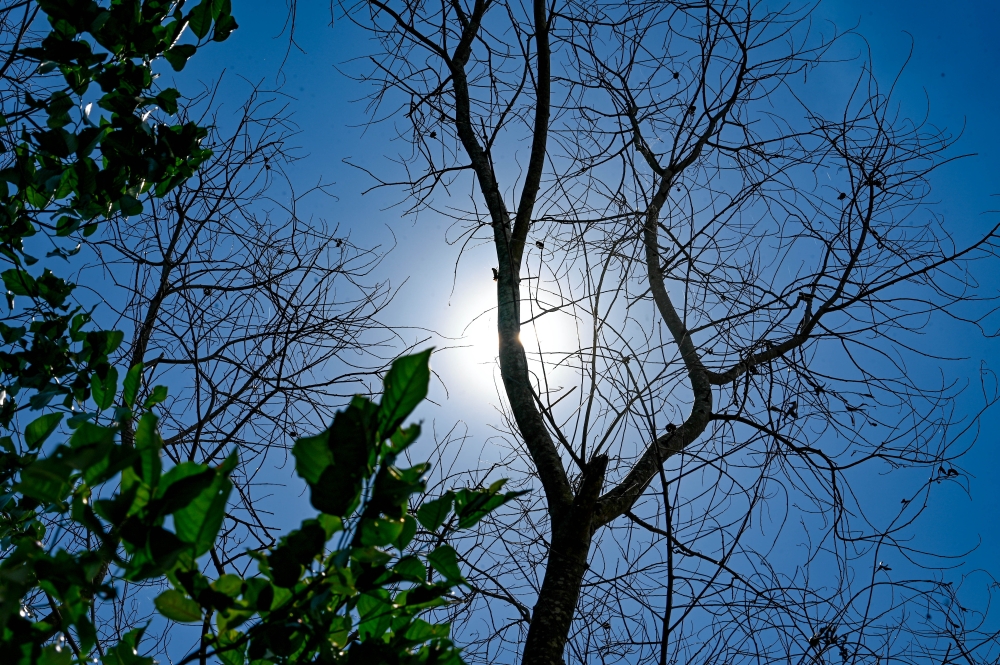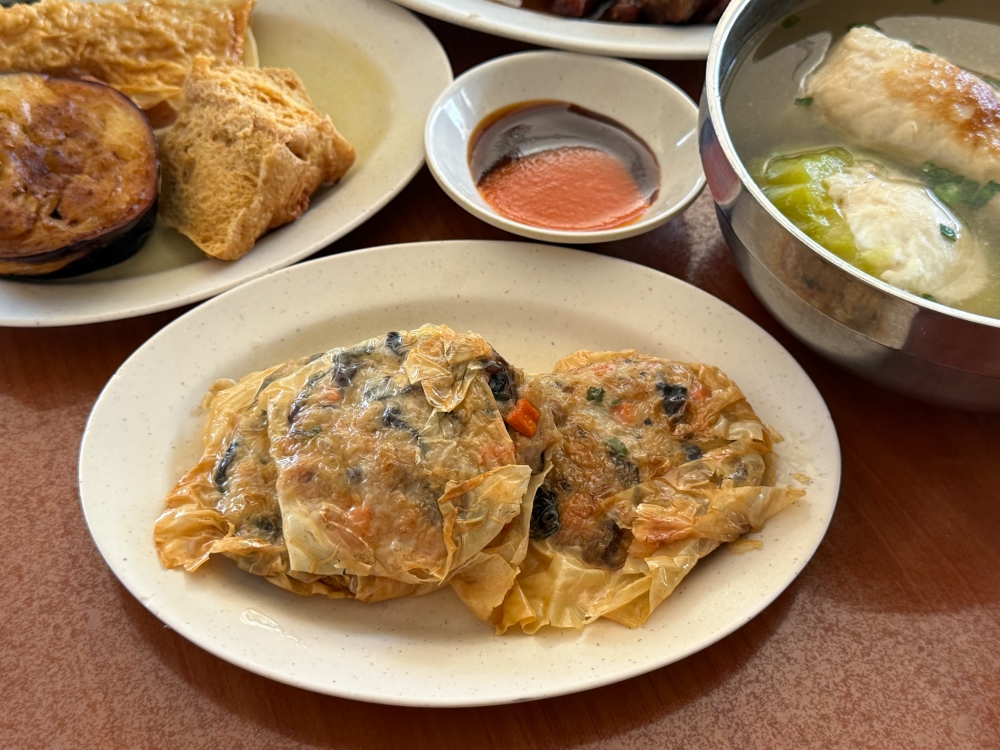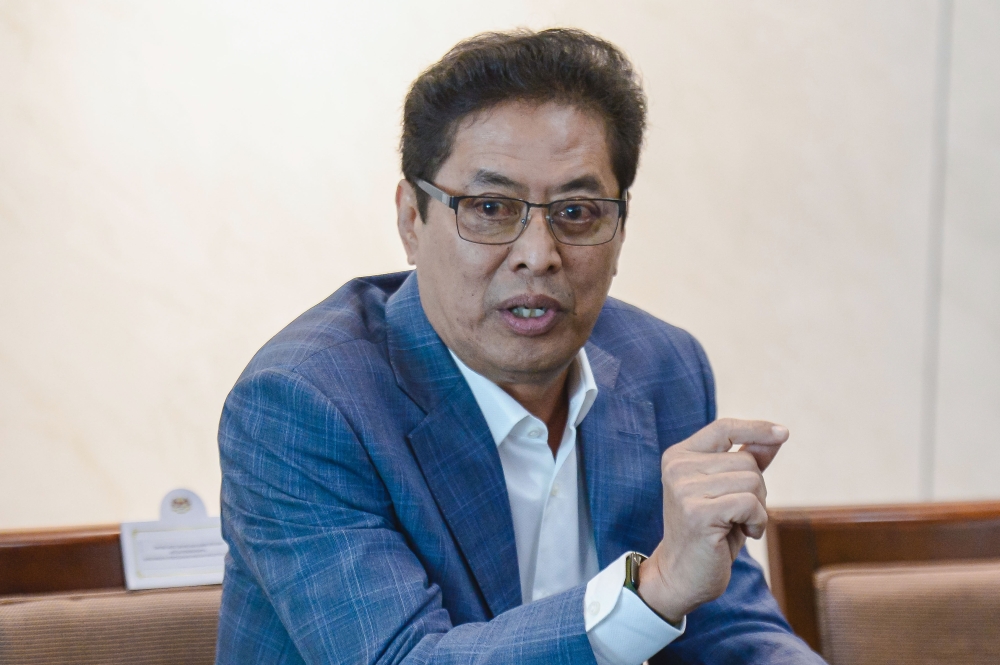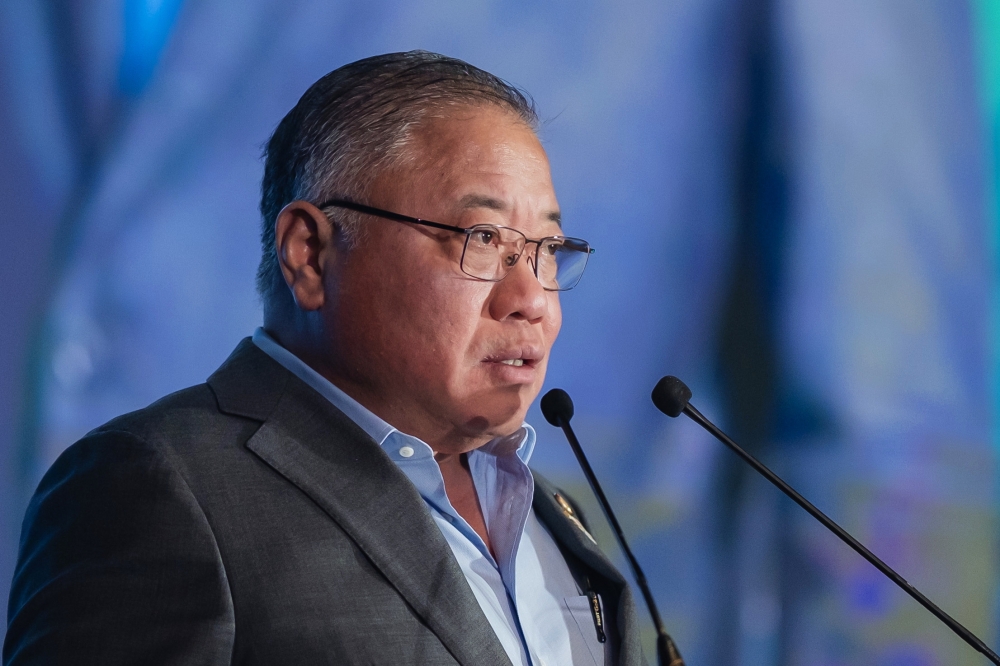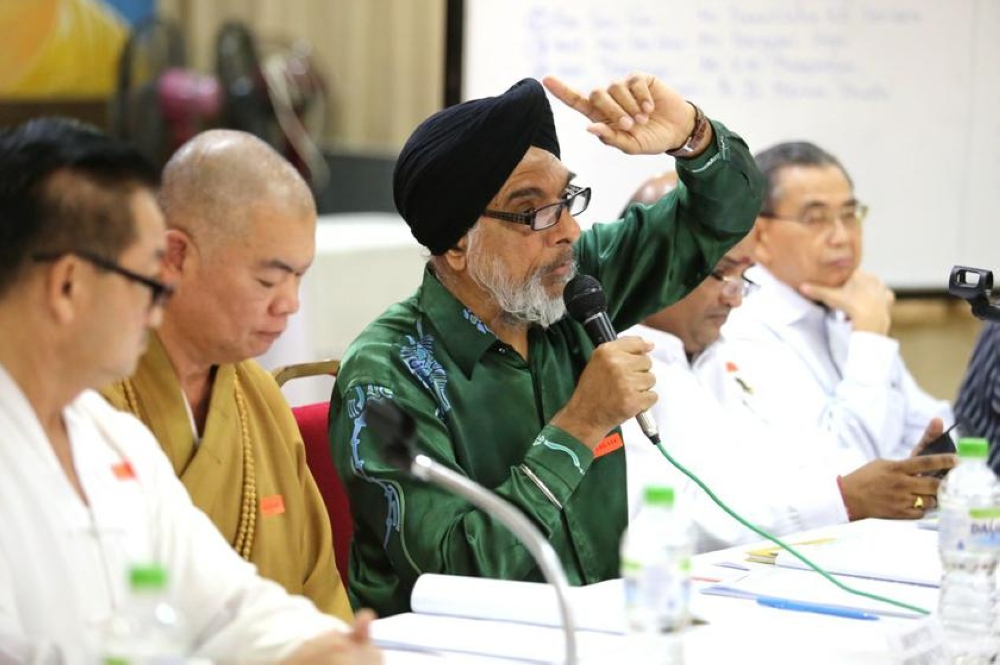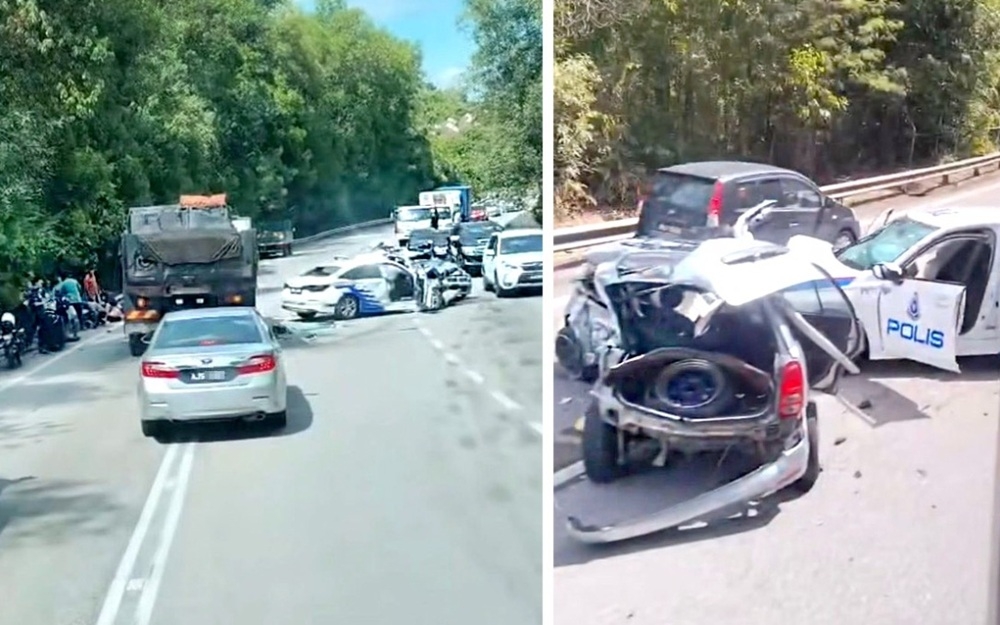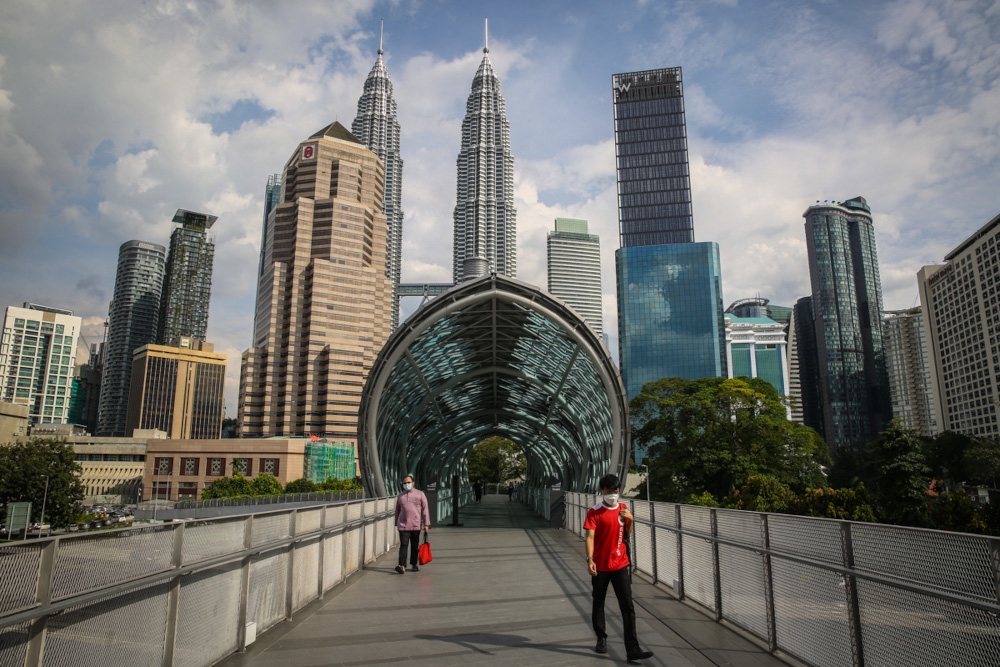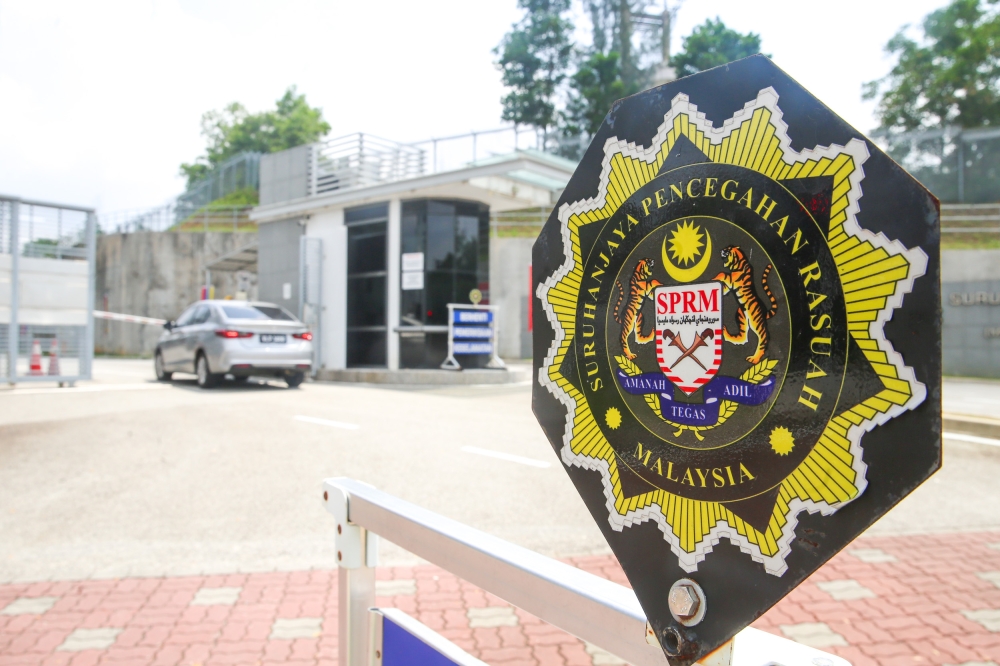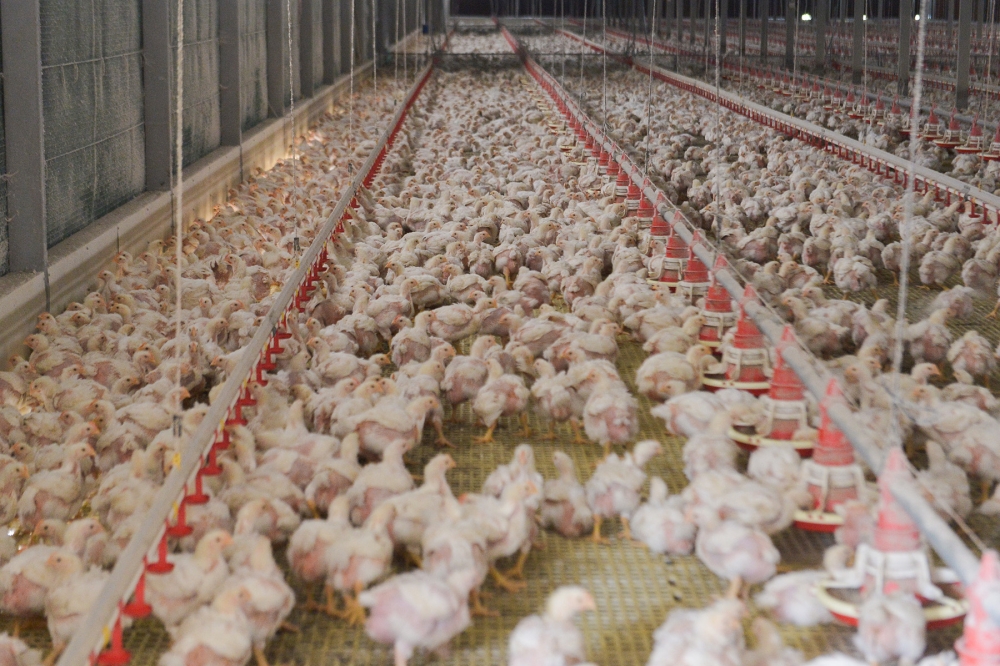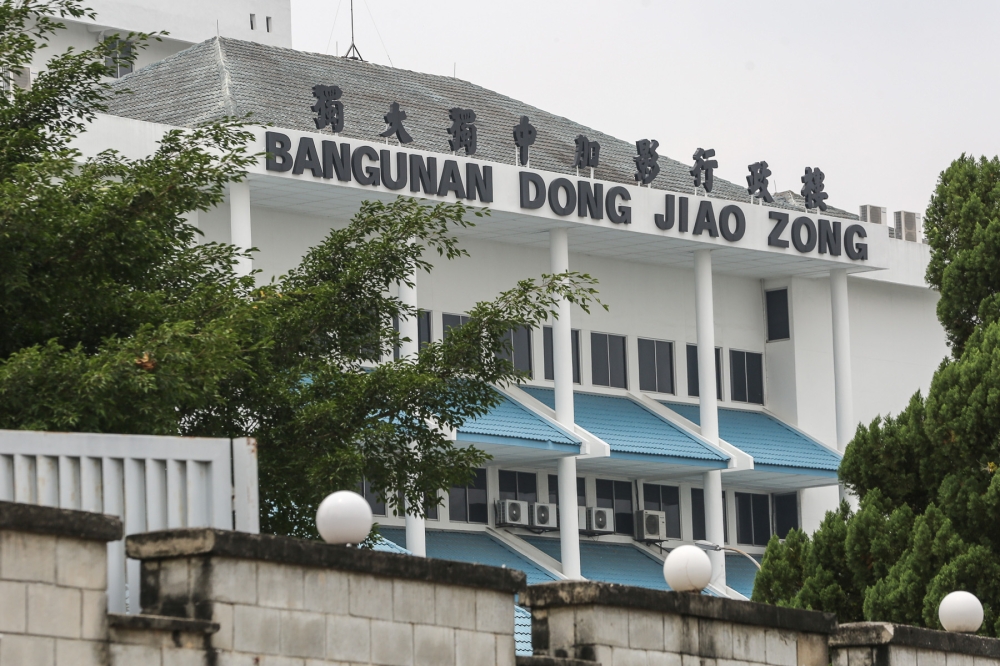OCTOBER 28 ― I feel terrible guilt as I watch, from my comfortable middle class existence, the Jungle camp in Calais being ripped apart by armed police this week.
Up to 10,000 refugees and migrants are being forcibly (according to charities on the ground, two-thirds wish to stay in the Jungle despite the onerous conditions) herded onto buses to be shuttled off to various reception areas across France over the next few days.
The words “refugees” or “migrants” allow an easy dissociation from oneself and the Jungle inhabitants. At risk of stating the obvious: they are “people” ― adults like you and me, children like your sons or daughters, whose sole difference is to have had the misfortune of living in a war-torn or poverty-stricken country.
Like many others here, I feel a grave sense of dread for the Jungle inhabitants who have endured so much to reach their goal of claiming UK asylum, only to have their dreams trodden on at the finishing post.
I also feel a ridiculous sense of paralysis. In my all-consuming, busy life centred on family, four kids and work I do nothing other than entertain the idea that someone else is stepping in to help, and in doing so, I have ignored their suffering.
My deepest sense of foreboding comes from thinking about those 1,300 unaccompanied and vulnerable children (as young as eight-years-old), particularly given the 100 youngsters who went missing during the French government’s partial dismantlement of the Jungle earlier this year.
They are such easy prey for traffickers. Why haven’t the French/British authorities already transferred these kids to the UK as per the Dubs Amendment and before the demolition and chaos of this week?

Which makes the story of two local teenagers who have been doing their bit to help the Jungle inhabitants, all the more inspiring.
Franco-Americans Matthew, 16, and Edith, 17, grew up together here in the western suburbs of Paris and attended the same schools since their early childhood.
Now in their final year, they have shown a very strong sense of compassion for the Jungle inhabitants. They have made several visits to help at the camp, and through their international school they have organised a food fund drive to support the Jungle’s cafes and restaurants.
They were helping this past weekend until their visit was cut short over concerns of possible violence as hundreds of police descended on the Jungle at dawn on Monday to start the evictions and camp closure. I met with them just before they left for Calais:
What made you decide to help the refugees and immigrants living in the Calais Jungle?
Matthew ‘M’: It was a number of experiences. I was in my school’s Human Rights Team last year and we focused on refugees and asylum seekers. A British activist Jasmin O’Hara was one of our guest speakers and she had this really fascinating story of how she became involved in the Calais Jungle following a Facebook post of hers that went totally viral. Then there was my school exchange trip to Northern India last year; the first time I had visited a developing country.
Was there one event that prompted you to help?
Edith ‘E’: A close friend argued about “the hypocrisy of me travelling halfway across the world to help children (during my school exchange trip to India) when there was so much I could do, and didn’t, on my own doorstep.” His words inspired me to visit the Jungle: I couldn’t describe my experiences in India as life-changing if, in the end, my actions at home didn’t reflect my words.
M: What really pushed me towards doing something was an experience I had on my Indian exchange trip. I visited an area very close to my host’s family house; it was the first time I had ever walked through a slum district. Later, when I showed the photos I had taken to my host, he was shocked: it turns out he had no idea of its existence. Back in Paris, I realised that it is exactly the same here, the refugee problem, it is really on our doorstep.

It is difficult to know how to help — where did you start? How did you form your plan?
E: When you’re actually in Calais it can be overwhelming and in those situations, it's sometimes a little hard to know how to act and help. When I saw what a mess it (the Jungle) was in the summer, I thought of everyone at home ― our school is so open and generous that it seemed stupid not to give everyone an opportunity to help. My feeling was right, as since then we (Matthew and I) have collected so much in the way of rice, lentils and financial donations (almost doubling our initial target of €500, RM2,288) from the school community.
M: When I returned to India to work with an NGO this summer I discovered that it is really easy to set up projects that help people. With input from my dad who is an optician, we set up a mobile eye clinic and did eye tests on 450 children who needed glasses, and then trained someone there to continue with the mobile clinic. This gave me the courage to set up our rice and lentils and fund raising project for the Jungle this September, following the advice from the association L’Auberge des Migrants that the Jungle was low on food. It does take some energy, but if you provide people with a way to easily donate, they will.
Tell me about your visits to the Jungle?
E: My first visit was planned using Jasmin O’Hara’s website “The Worldwide Tribe.” This British volunteer has been closely involved with the Jungle and her website provides links to several organisations that need help in different fields (for example, teaching, building, cooking etc). Through this, I got in touch with the organization L’Auberge des Migrants which offers real help and support to the communities living in the Jungle for the past two years.
{A detailed account of Edith and Matthew's final visit to the Jungle this past weekend, which I have just received, will follow in second article early next week}.

What do you think of the French government’s decision to close the Jungle?
M: I think it is disgraceful how the French government has gone about this in a hidden and last minute way. The law in France protects people from eviction during the winter (from November 1), and so they pushed the court process through quickly this month, to minimise challenges. They could also have waited for people, particularly the children, to leave before tearing down public buildings they all worked so hard to build.
E: The Jungle is not a place where you would want to live, but some refugees have been living there for years, it’s become their new ‘home’: communities have been created, there are churches, mosques and restaurants. The Jungle is a symbol of everything the refugees and immigrants have achieved so far, and destroying that will have consequences on the refugees for sure.
E: Given the way the camp was half-destroyed earlier this year, I wouldn’t describe myself as “supportive” of this camp dismantlement. It is not a peaceful, delocalization of refugees... and it hurts me to think that after everything these people have lost and everything they have endured, our own government and police are uprooting them again.
M: I think many will really struggle now to integrate into France given their fixed goal of reaching the UK. Most have changed ‘homes’ so many times, been waiting in Calais for so long... I don’t think they will easily give up their goal given what they have already been through.
What next?
If Edith and Matthew’s actions are anything to go by, it is possible to help; it can be relatively easy; it doesn’t take that much time. Our lives are busy, but we can help or give something ― no matter how small we may think it is.
I’ve contributed to Edith and Matthew’s rice and lentils drive; it’s a start. There will be other opportunities given a number of the Jungle inhabitants will soon be relocated to Louveciennes, a nearby town. Indeed, for many of us living in France, or further afield, the chances of someone being resettled close to your neighbourhood are high.
A friend once described himself as having “won the lottery of life”: born in the right country, at the right time. Such privilege beckons responsibility. Can we be part of the healing process?
* This is the personal opinion of the columnist.

